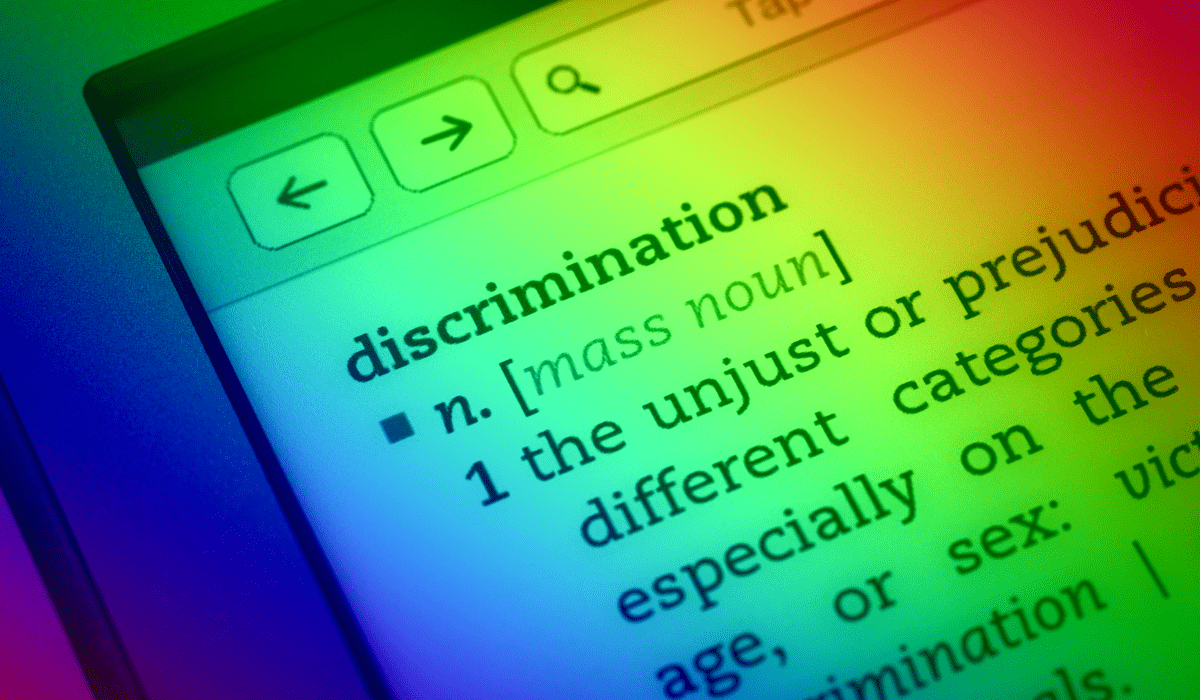Diversity, equity, and inclusion is an integral part of today’s work environment. Many clients have inquired into whether an employee in a particular protected class could discriminate against another employee in that same protected class. The answer to that question—which may come as a surprise to some—is yes. Put simply, there is no “same protected class” super defense to a discrimination claim.
After being terminated from her employment, the plaintiff in Ilana Gamza-Machado de Souza v. Planned Parenthood Federation of America, Inc. filed suit against her former employer and supervisors, alleging in part that she was discriminated against on the basis of her race and religion. In their motion for summary judgment, the defendants argued that one of the supervisors could not have acted discriminatorily towards the plaintiff because both the plaintiff and the supervisor belonged to the same protected classes.
In its decision, the Court stated that, while it could have drawn an inference that the plaintiff was not discriminated against because the alleged bad actor was in the same protected classes as the plaintiff, that presumption would not be conclusive. According to the Court, because the alleged bad actor made a discriminatory remark about a different employee in her same protected classes, and because the supervisor participated in the decision to terminate the plaintiff’s employment along with other management-level employees, a reasonable jury could find that the supervisor decided to terminate the plaintiff’s employment in part due to her race and religion, even though the supervisor belonged to the same race and religion.
Employers must take all reports of discrimination in the workplace seriously, ensuring they are not dismissive of an employee’s complaint simply because of a commonality in protected classes among the employee and the alleged bad actor. Protected classes under Rhode Island law include race or color, religion, sex, sexual orientation, gender identity or expression, disability, age, or country of ancestral origin.
For more information on how to adequately address complaints of discrimination in the workplace, or if you have any questions, please contact PLDO Attorney Kathryn M. Couture at 401-824-5100 or kcouture@pldolaw.com.


